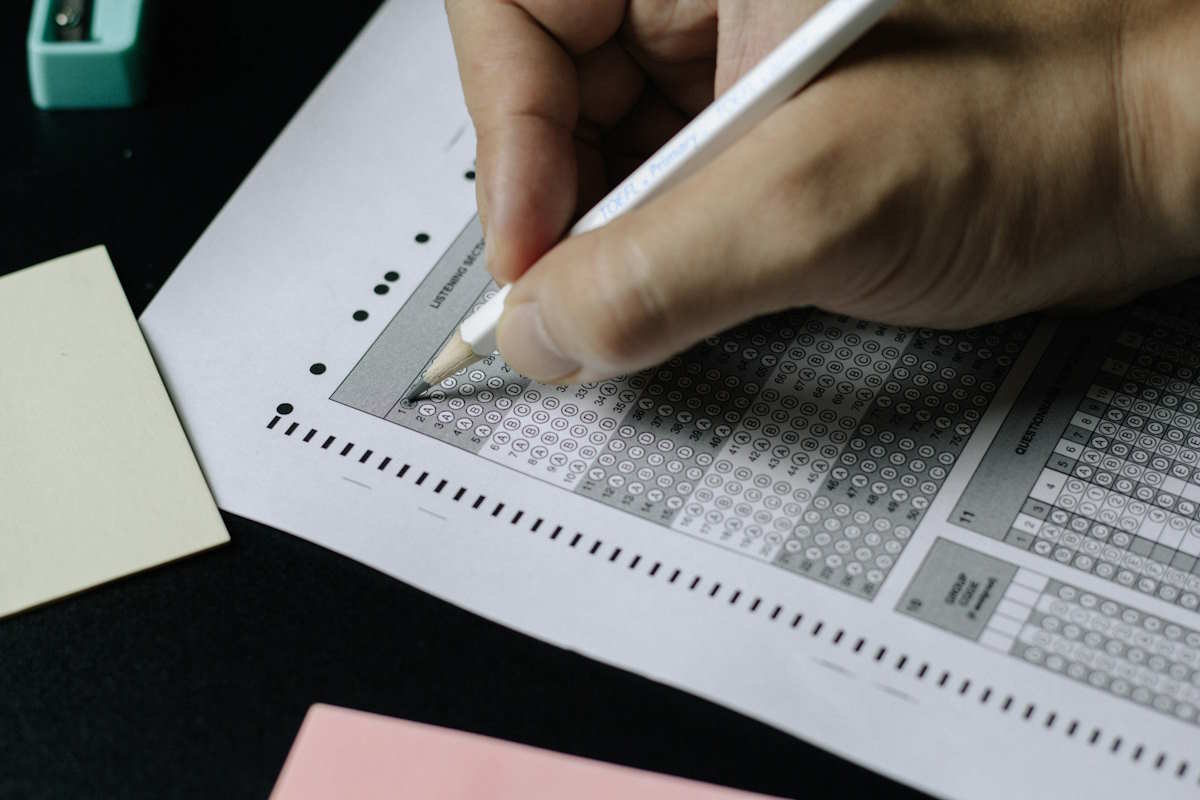In the evolving landscape of education, the pivot towards online learning has underscored the critical need for maintaining academic integrity. Remote proctoring services have emerged as essential tools in this quest, ensuring that assessments are conducted fairly and securely, irrespective of the student’s location. This shift is not just about adapting to current trends but also about embracing a future where digital learning environments are as credible and rigorous as traditional classrooms. The demand for reliable proctoring solutions reflects the broader educational community’s commitment to upholding high standards of integrity in this new era.

The Need for Remote Proctoring in Higher Education
As the landscape of higher education continues to evolve with the rise of online learning, the challenge of ensuring the integrity of online assessments has become increasingly prominent. This shift, largely accelerated by the pandemic, has led to a surge in online courses and exams, highlighting the critical need for a reliable online proctor service. These services are not merely a response to a temporary trend but a fundamental component of the new normal in education. They ensure that exams conducted remotely are just as credible and secure as those administered in traditional settings, maintaining the high standards of academic integrity that are essential to the value of educational qualifications.
What is Remote Proctoring?
Remote proctoring is an essential service that enables the monitoring of exams conducted online, aiming to ensure the integrity and security of the examination process outside the traditional classroom setting. It plays a pivotal role in online education by allowing educators to administer tests remotely while maintaining high standards of academic honesty. This service is particularly crucial in today’s educational landscape where distance learning has become more prevalent.
There are generally three types of remote proctoring services available. Fully automated proctoring utilizes advanced software to monitor test-takers through their webcams and microphones, using AI to detect any unusual behavior that could indicate dishonesty. Human-assisted proctoring combines technology with the presence of a live proctor who oversees the exam in real-time, addressing any issues that arise immediately. Secure browser technology prevents the examinee from accessing browsers or applications that could be used to find answers dishonestly, ensuring that the test environment is controlled and secure. Each type offers a different level of oversight and security, catering to various needs and preferences of educational institutions.

Key Features of Remote Proctoring Services
Remote proctoring services incorporate a suite of technological and administrative features designed to maintain the integrity of online examinations. Advanced AI monitoring algorithms play a crucial role by analyzing students’ behavior for any irregularities that might suggest misconduct. Live proctoring options add a human element, with proctors overseeing exams in real-time, providing an additional layer of security and immediate intervention capabilities.
Secure browser technology restricts access to unauthorized resources, ensuring students remain within the testing environment. Integration with Learning Management Systems (LMS) streamlines the examination process, facilitating a seamless experience for both educators and students. These services underscore flexibility and accessibility, enabling exams to be taken from virtually anywhere, at any time, without compromising on academic standards.
Benefits of Implementing Remote Proctoring
The adoption of remote proctoring solutions significantly bolsters an institution’s credibility and reputation. By ensuring a high level of academic integrity, these services demonstrate an institution’s commitment to fair and rigorous assessment standards. Beyond the preservation of academic standards, remote proctoring is noted for its cost-effectiveness and user-friendly nature, making it an appealing option for both students and faculty. The ability to conduct exams remotely without the need for expensive infrastructure or proctoring staff reduces overheads while maintaining educational outcomes. This approach not only enhances the educational institution’s standing but also supports a more inclusive and accessible learning environment.
Considerations for Choosing a Remote Proctoring Service
Selecting the right remote proctoring service requires careful consideration of several factors. Compatibility with existing systems ensures smooth integration and minimizes disruption. Cost is a critical factor, with institutions needing to balance budget constraints against the benefits of advanced features. Ease of use for both instructors and students is essential to facilitate widespread adoption and minimize technical challenges. Lastly, robust support services are vital for addressing any issues promptly, ensuring that exams proceed smoothly.
Case Studies and Success Stories
Various educational institutions have successfully implemented remote proctoring solutions, leading to notable improvements in academic integrity and student satisfaction. These cases often highlight how remote proctoring has streamlined the examination process, reduced instances of academic dishonesty, and provided a flexible testing environment that accommodates students’ needs. Such successes underscore the potential of remote proctoring services to enhance the quality and fairness of online assessments.
Conclusion
Choosing the appropriate remote proctoring service is paramount for higher education institutions aiming to maintain high standards of integrity and fairness in online examinations. By investing in quality remote proctoring solutions, institutions can safeguard the value of their qualifications and ensure equitable access to education, thus reaping long-term benefits for both students and the academic community at large.